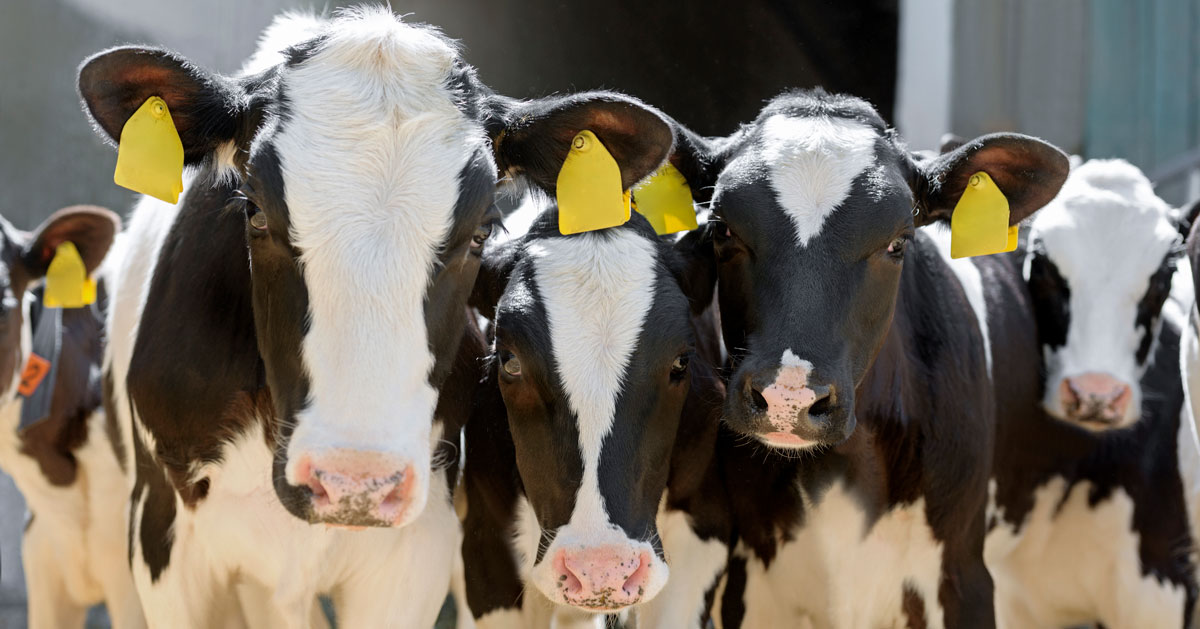
Heat Stress in Dairy Cattle
In lactating cows, high temperatures reduce feed intake, disrupt metabolic functions, and decrease milk yield and quality, increasing susceptibility to mastitis and metabolic disorders. Though not producing milk, dry cows suffer impaired subsequent productive and reproductive performance and poor fetal development. In addition to the prenatal effects of heat stress on the progeny, postnatal calves exposed to heat stress are at greater risk of growth stunting, dehydration, and weakened immune responses, affecting their growth rates and future productivity.
All groups of cattle succumbing to heat stress collectively experience altered hormonal and immune dysfunction, compromising overall health, long-term performance, and well-being. Nutritional interventions and cooling strategies, such as mechanical ventilation and evaporative cooling, are critical for mitigating these effects and are an area our lab has been contributing to.
Quick Facts
Avg. of 96 heat stress days in the U.S, 45-60 in Wiscosnin!
Heat stress does not discriminate!
It impacts the health and productivity of lactating, dry-pregnant cows and young claves.
Annual economic Losses in the U.S
$1.2-2 billion in lactating cows + $1.4 billion in dry cows and their F1 progeny
